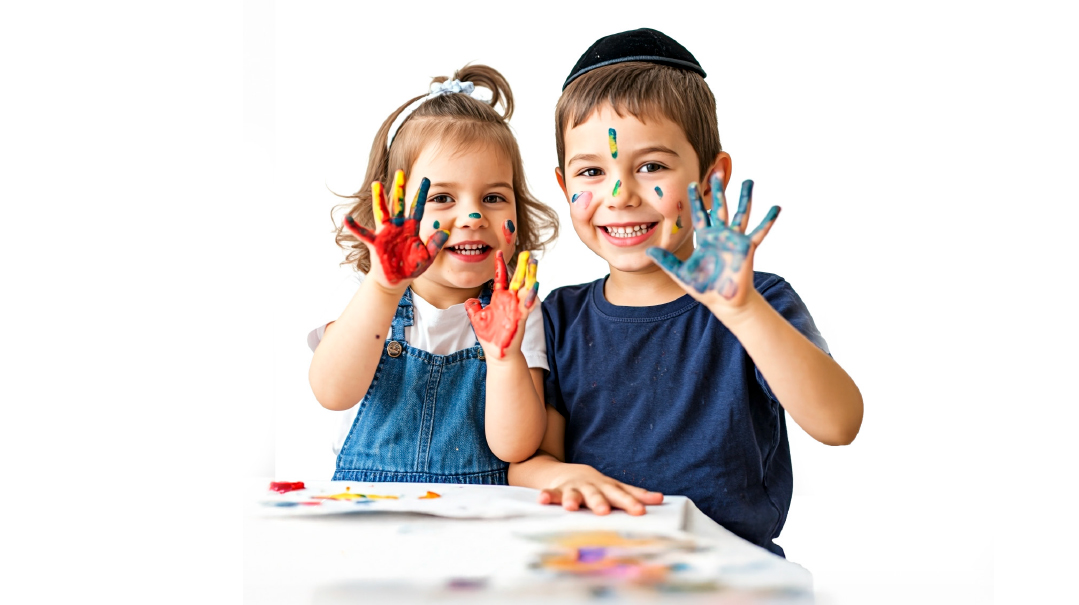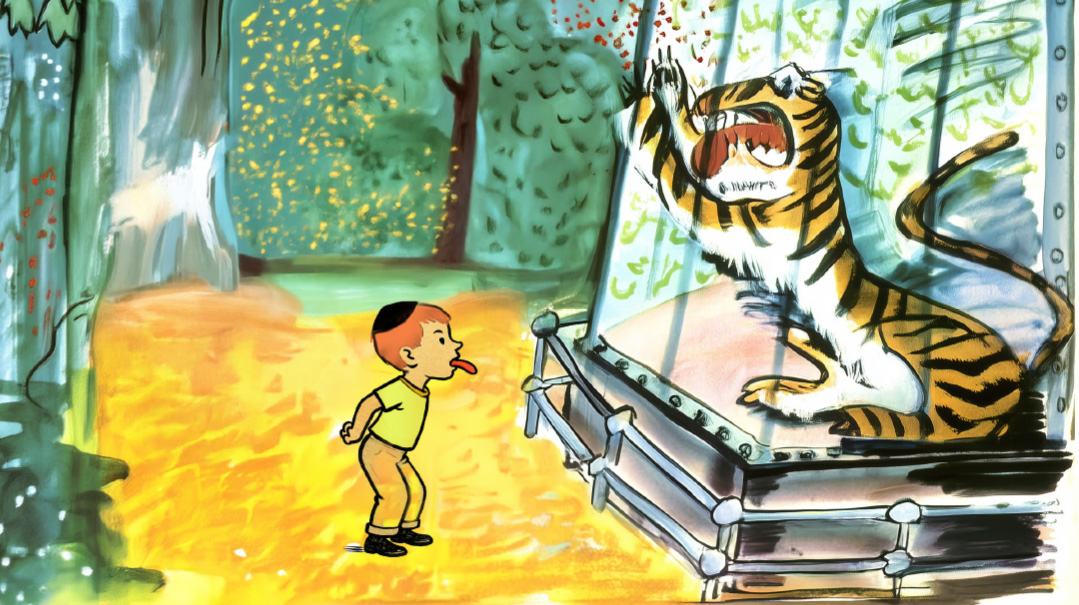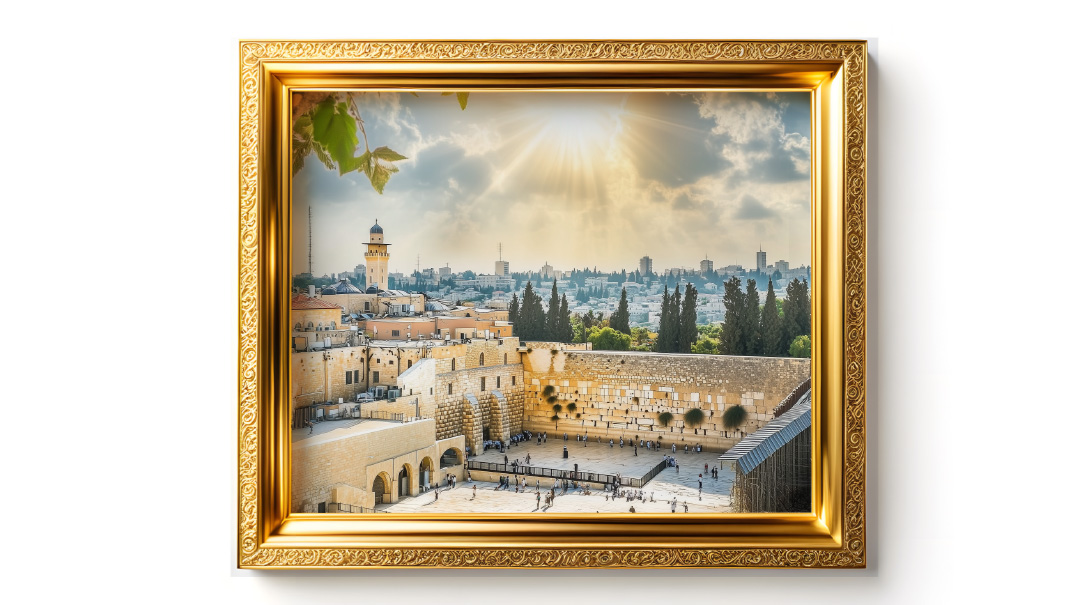“It” Is for Objects
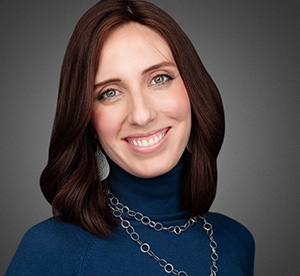
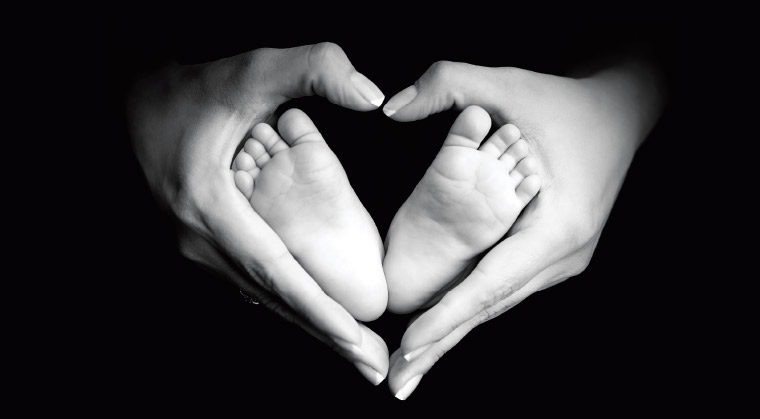
It’ll be a year in a couple of days. It’s 11 months already, so we wouldn’t have still been saying Kaddish for him. But there would have been a yahrtzeit. And people would be looking at me with concerned eyes, asking me how I’m doing, and if I’m doing anything to commemorate it.
But he’s not considered a person. He didn’t live 30 days, he didn’t live for even a moment. But he was very much alive in me. We don’t talk about these things — not directly, not openly, maybe with some euphemisms, mostly in trailed off sentences and excessive pronouns.
I’m not sure what it is. It’s not shame. I don’t feel any shame in what happened. (Although some literature suggests many women do.) I think it has to do with that in-between status, the non-being aspect of it. Was he my child, was he a child? Or was he just a fetus?
If I told you I labored with him, if I told you I birthed him, if I told you I held him, if I told you I caressed and kissed him, if I told you I named him, if I told you he was buried but nobody will tell me where, will you let me call him my child?
But why do I feel the need to justify the depth of my sorrow? Why do we ascribe so little meaning to miscarriages, late miscarriages, and stillbirths?
The science is that early miscarriages are often the body’s way of ridding itself of an unviable fetus. There’s nothing to mourn, because the pregnancy never was viable. It’s a convenient way for others to minimize and intellectualize other people’s pain.
I carried small. Most people didn’t know I was pregnant. It was a “late miscarriage,” which means that it took place after the first trimester. My son was perfect, he was healthy and strong; my body just failed him.
But I sometimes feel a need to wish my circumstances were worse: that I was later in my pregnancy, or that my son took a few ragged breaths, just so the world would allow me to feel the pain that courses through me, making my knuckles stiff and my throat hurt, instead of swallowing hard, and focusing on whatever stupid thing is in front me, consciously wiping away thoughts, telling myself, “Not now. Don’t think, no one cares anymore, no one gets it, it was a long time ago.”
Why do I feel the need to share all the gory details so the world will understand and allow me to cry without judging me?
I have a good (read: awful) story to tell. But no woman should have to feel like she needs to feel better before she’s ready to. No woman should have to wish she were worse off so people would respect her story.
“Some people take it harder,” someone said to me in a gentle chizuk voice. Gee, thanks for calling me weak.
One of the most comforting things someone wrote to me after it happened (note the handy pronoun usage) was, “I was saddened to read about you losing your son.” She called him my son. She didn’t say “it,” she didn’t call it “a loss” or use the word “miscarriage.” She identified my son for who he was: my child.
When my mother heard me say that I’d had a miscarriage, she corrected me, “What happened to you wasn’t a miscarriage, Esther, you lost a child.” I knew she spoke truth, but I felt uncomfortable saying that aloud to others. I had been on the other side just a few days prior, I know what most people think: My son is a “loss,” not a “child.”
“What should I tell her, Esther?” my mother asked me a few months later. She’s a volunteer doula and an organization had asked her to accompany a woman in labor at 27 weeks; the child was no longer alive. She had never been a doula in such a capacity.
I shrugged. I really didn’t know. Some people crave chizuk; I found it offensive for the first few weeks. People grieve and process differently. The one thing I was able to tell her definitively was what she had told me. “Call it a child, call it a son, call it a daughter.” They are real. Our relationships and bonds are real, our pain is real. And even the joy of a rainbow baby won’t replace the mourning for the child who was lost.
I know someone who suffered many successive early miscarriages before she eventually had a live birth. While elated over her child’s birth, she still views each miscarriage as an individual child, not just a stepping stone and process. Someone close to both of us commented to me, “Doesn’t she realize that she could have only had one of those children? The miscarriages were so close together.”
True. But.
It’s not about the living child. Each pregnancy is an individual. Our miscarriages and stillborns had neshamos, every single one. Please know that, and acknowledge it. Because no woman should ever have to defend her pain, like I am now.
(Originally featured in Family First, Issue 614)
Oops! We could not locate your form.







